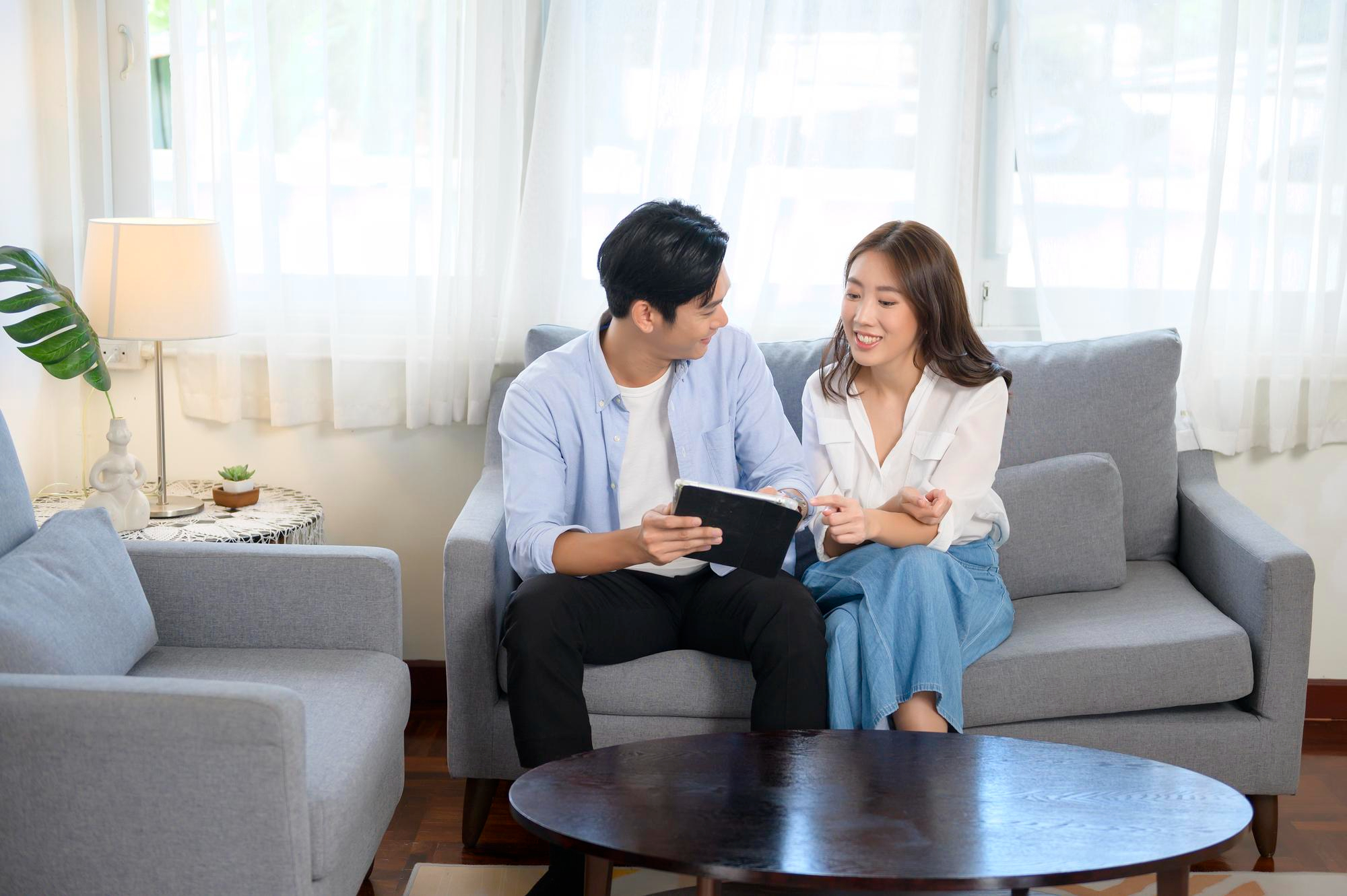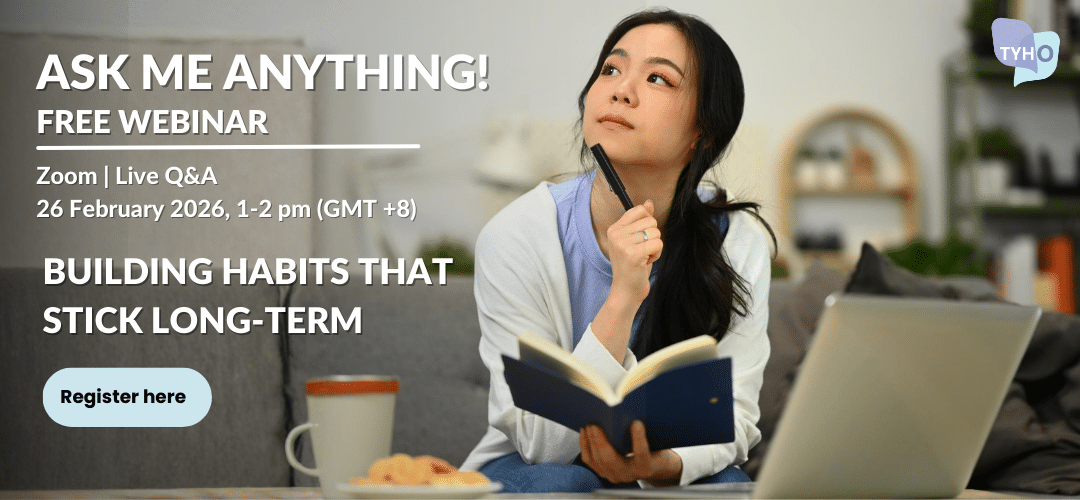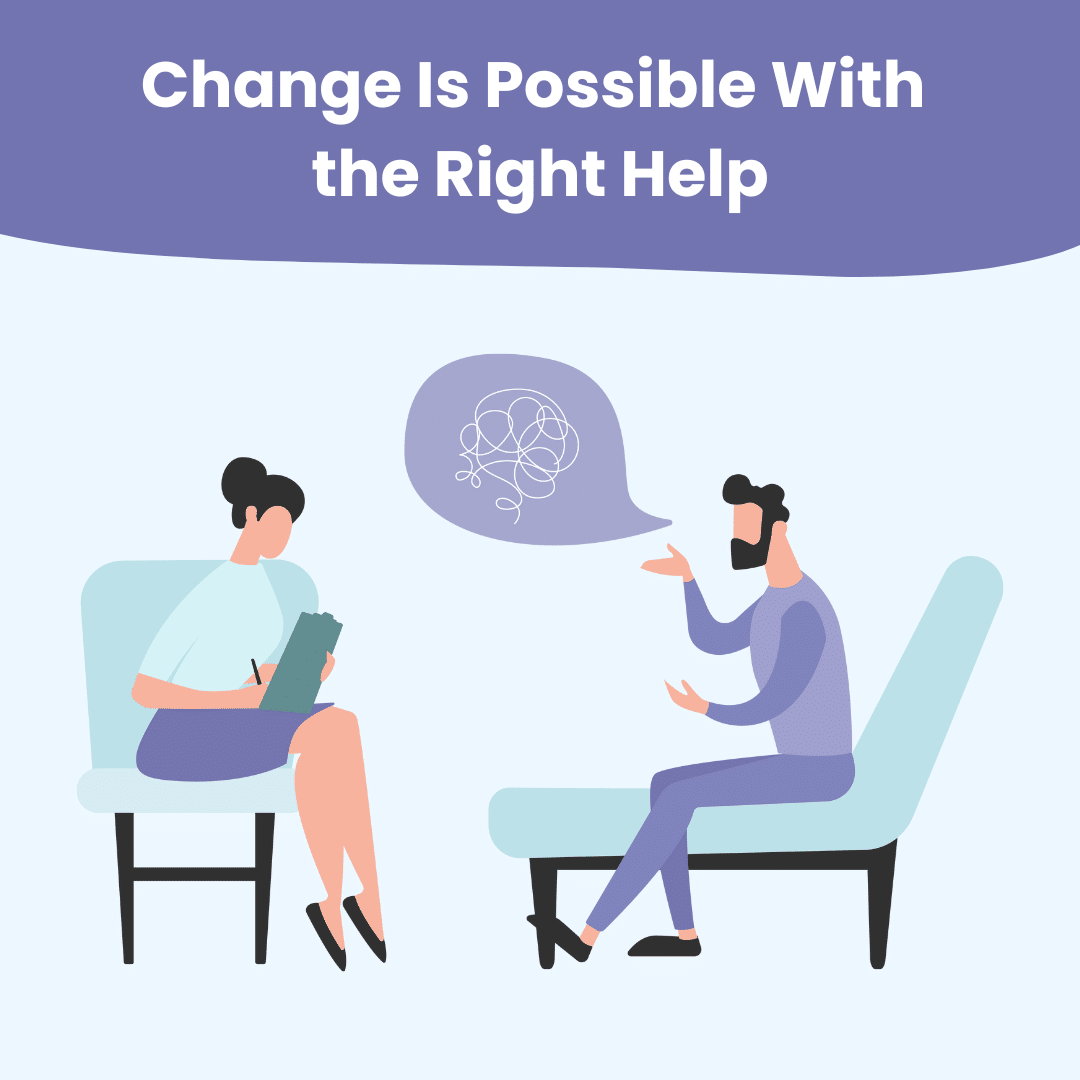
- Published on 30 May 2025
Did you fall in love first slowly and then all at once? (Remember Hazel?) Or was it the opposite for you?
Nevertheless, it is during the ‘slow’ stage of love that you may actually get to know your partner.
You love them but dislike how they leave their plates unwashed. You love them but find their hairstyle boring. You love them but think their friends are unkind. And so it goes.
In love, you can also dislike someone’s traits. But what if these preferences go beyond dislike? That’s where couples therapy comes in.
Sometimes, small habits, like being angry at your partner for not washing dishes, can pile up stress – quickly and without your notice.
Time and time again, it’s been proven that relationships are complicated. But they don’t have to be if you learn how to seek help when it matters the most.
Since couples therapy has evolved into its own branch, we use our magnifying glasses to dissect it and share five common techniques that are used in sessions.
What is Couples Therapy?
Couples therapy is a specialised branch of psychotherapy designed to help couples navigate the various phases of their relationship.
The professional will work with you and your partner to:
- Address issues like conflict and heated arguments
- Help both of you gain a deeper understanding of each other’s needs, preferences, and personalities
- Teach therapeutic tools to improve your communication, assertiveness, boundary-setting, and emotional intelligence skills
- Encourage healthy patterns of interaction
- Reduce narcissistic traits or anger during conversations
Unlike individual therapy, couples therapy may focus on the dynamic between two people. This includes how the couple interacts, the language they use, and how they support each other, among other aspects.
Couples typically wait two whole years before seeking help. Even after that, some may drop off before realising the true benefits of talking to a professional.
We’re here to break the myths for you. You can seek couples therapy even if you’re not struggling in the relationship.
Think of it this way: Would you wait for your mobile to shut down entirely before giving it to service? You’d go to the technician right away if you noticed those lags and flickers, wouldn’t you?
Treat your relationship the same way.

3 Couples Therapy Benefits
What are the benefits of couples therapy that make it so worthwhile? No, the relationship doesn’t become perfect by default (there is no such thing as a ‘perfect relationship’). But it does become better, stronger, and full of love.
After all, ‘Love does not begin and end the way we seem to think it does. Love is a battle, love is a war; love is a growing up.’ – James Baldwin.
Let’s explore a few benefits that stand out.
1) Improved Communication
Many couples say that they talk all the time. Yet, do they listen?
Communication is more about trying to understand the other person rather than voicing your point of view. In fact, a great deal of communication occurs in silence.
Of course, when your thoughts pile up, it’s also important that you bring them up to your partner. However, in most cases, it’s best to listen actively and engage in the discussion in a way that best serves both your needs.
Couples therapy helps with this: It slows you down, and the conversation. Therapy helps you to notice all the details you may have previously missed.
2) Conflict Resolution Skills
Arguments often follow a script: negative interaction pattern -> triggering vulnerabilities -> emotional breakdown -> emotional distance.
Let’s explore an example. A couple named Mob and Oaf often argue over trivial disagreements. Say, Mob forgets to buy milk. In this case, Oaf feels that their requests were ignored, eventually leading to feelings of frustration.
Oaf feels unloved and says, ‘You never think about me or what I want.’ This triggers Mob’s fear of failure. Now, Mob shuts down completely and gives Oaf the silent treatment.
However, with couples therapy, people can learn that it’s never about the surface issues, never about the ‘milk’. You and your partner may learn to:
- Express your feelings without blame (‘I feel unloved when this happens’ and not ‘You don’t love me’)
- Stay present and leave space for emotions to be felt instead of lashing out or shutting down (like Mob and Oaf did)
- Apply cognitive behavioural tools like reframing negative thoughts with helpful ones to resolve conflicts
3) Rebuilding Trust
If you lack trust in your partner, it can be a tricky and sensitive situation to navigate.
There are many ways you may lose trust. For example, on the one hand, if your partner has drifted away from you, you may face emotional distrust (‘Do they even love me anymore?’). On the other hand, if you suspect that your partner may be lying about their income, it could lead to financial distrust.
With a lack of trust and communication, you may start to walk on eggshells in the relationship.
However, in couples therapy, you can learn how to:
- Rebuild trust mutually and respectfully
- Show up for each other in ways that matter the most to you
- Be honest during conversations and arguments
- Feel secure in the relationship
5 Couples Counselling Techniques
There are many approaches and types of couples counselling. Most of them work with a biopsychosocial foundation.
In other words, your couples therapist may take into consideration your:
- Inner psychological and emotional processes
- Family and personal history
- Past and current relationships
The core idea is to tap into the multifaceted nature of the human experience. Some techniques are structured and rigid, while others could be flexible or eclectic (ie incorporating several techniques simultaneously).
Let’s look into the five common couples counselling techniques in this section.

1) Affect Regulation
Have you ever experienced an insignificant argument blowing up into a heated one? That’s affect regulation (or rather, the lack of it).
It is the ability to manage your emotions and process them in a healthy way, even during conflicts.
In couples therapy, you may learn to identify what triggers your emotions, how you react and the ideal way to respond to a heated situation.
For example, think of two fictional characters, Blue and Tom. Every time they discussed finances, Tom would ignore the topic, and Blue would try to push it further.
In this case, couples therapy may help Tom recognise his avoidance as a defence mechanism and help him explore new and healthier ways of reacting to the situation. In turn, Blue would learn how to bring up the topic without confronting or accusing Tom.
Emotional check-ins
Over time, with the right support, you can develop emotional resilience, assertiveness, and conflict-resolution skills.
Here are some ways to check in with yourself and your partner when things are starting to heat up:
- Rate your emotional intensity on a scale of 1 to 10 before replying to a comment.
- If you score 7 or above, let your partner know that you need to take a breather. Try saying, ‘I feel too emotional right now and need a moment to think before I respond.’
- If you score below 7, take a deep breath and handle the situation with compassion and gentleness. Try saying, ‘Okay, we’re in the middle of this now, and fighting won’t help. Let’s sit down and figure this out together?’
2) Tracking Patterns
Most couples argue about the same few things repeatedly. This is because we’re all used to certain patterns and habits and rely on them even when we feel differently.
Tracking patterns is a technique couples therapists use to help:
- Identify repetitive patterns of conflict or arguments
- Identify why the patterns repeat and how best to break them
For example, let’s assume your partner always argues about household chores with you. But the interesting part is that the arguments are actually never about the dishes. Instead, your therapist may help you identify if your partner feels unsupported, if you feel frustrated, and how to manage the interaction in a respectful way.
Couples therapy activity: Pattern mapping
During couples therapy sessions, you may learn to map your interaction patterns. This includes:
- Writing down your last three arguments
- Identifying what triggered each one
- Noticing any recurring patterns (ie is it really about the dishes, or about feeling unheard?)
Once you recognise your cycle, the therapist may help you change it. It’s similar to turning off autopilot mode and truly interacting with intention.
3) Psychoeducation
Sometimes, just understanding why things happen in a relationship can solve more than half of your problems.
Psychoeducation involves learning about:
- Relationship dynamics
- Avoidant and anxious attachment styles
- Communication habits
Think of it as Relationship 101. It helps couples understand that many of their struggles are normal—and resolvable.
4) The Four Horsemen
The Four Horsemen of the Apocalypse is an analogy that signifies the end of times, encompassing conquest, war, hunger, and death.
Within the context of relationships, Gottman and Gottman (2017) theorised that all issues couples face are rooted in the ‘four horsemen’. But here, these include:
- Criticism
- Defensiveness
- Stonewalling
- Contempt
Criticism includes accusing your partner of having bad character or finding faults in them. Contempt involves mocking or being disrespectful (ever rolled your eyes during an argument?). Defensiveness involves playing the victim, and finally, stonewalling refers to shutting down or ignoring the situation altogether.
Couples therapy can help you replace each of the horsemen with practical and helpful alternatives.
For example, contempt is replaced with appreciation, defensiveness with accountability, and more.
5) A Conscious Relationship
Relationships thrive best when both partners are intentional in their love, effort, and interest. Also known as a conscious relationship.
Rather than just getting through the days in a blur, it’s more about actively choosing each other and prioritising the relationship together.
For example, let’s assume you’ve been together with your partner for almost a decade. Things are going fine, but something’s missing. You don’t feel the spark anymore. Conversations have become monotonous, and you barely remember what your partner loves anymore.
However, a couples therapist can help you reignite that spark and focus on creating a conscious relationship. This is done through techniques such as:
- Emotionally focused therapy (ie managing emotions to improve relationships)
- Connecting goals (ie trying new activities together)
- Value-setting (ie aligning both of your values, desires and hopes for the future)
Some questions to ask yourself to focus on the relationship include:
- What went well for us this week?
- What could we have done better?
- How can I support you next week?
These micro-moments of reflection build a strong foundation for long-term connection.
Key Takeaways
- Couples therapy is not only for those in crisis; everyone can seek help to build a healthy relationship.
- There are many types of couples counselling techniques, some structured and some flexible.
- Understanding your own emotional responses, communication patterns, and attachment style can change the way you interact with your partner.
- Simple couples therapy activities, such as weekly check-ins or pattern mapping, can make a big difference.
At the heart of every strong relationship is the willingness to grow together.
Talk to a couples therapist today to work on things that matter the most. If your partner is hesitant to try therapy, we also have some tips for you to encourage them.
Love might not always be easy, but it’s always worth everything.

Related Articles
Latest Articles
Recent Posts
- A Therapist’s Guide to Setting Boundaries with Parents
- Anger Management in Singapore: Top 6 Benefits
- Individual vs Group Counselling in Singapore: What’s Right for You?
- Thinking of Switching Your Therapist in Singapore? Read This First
- How Counselling in Singapore Can Help You Overcome Dating Anxiety


